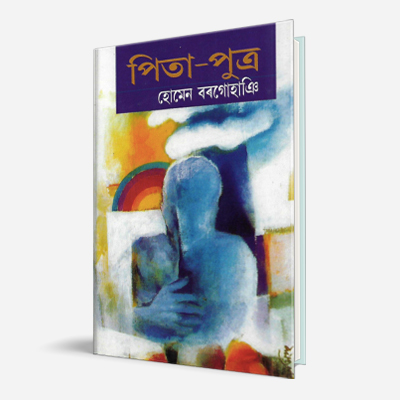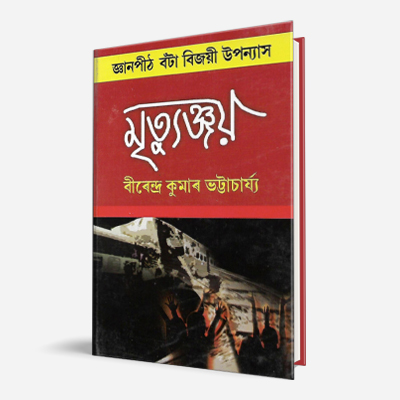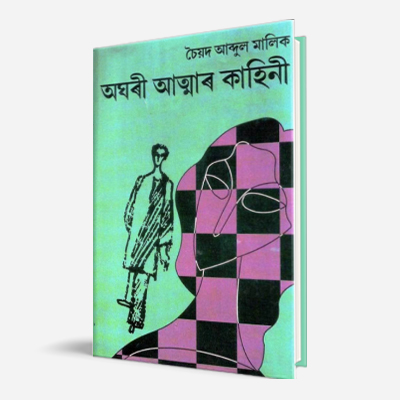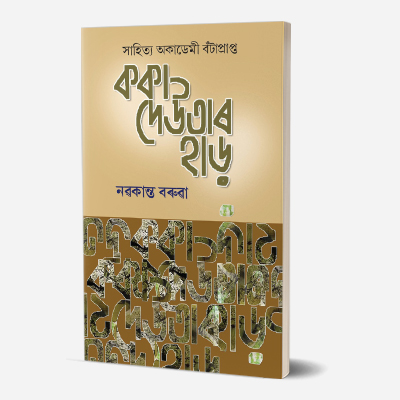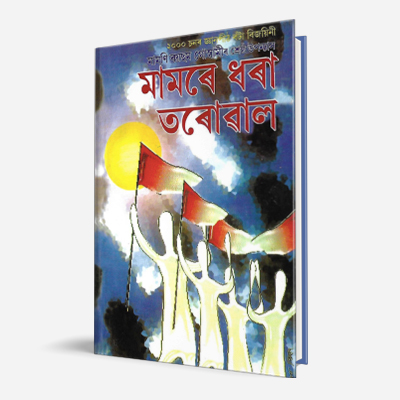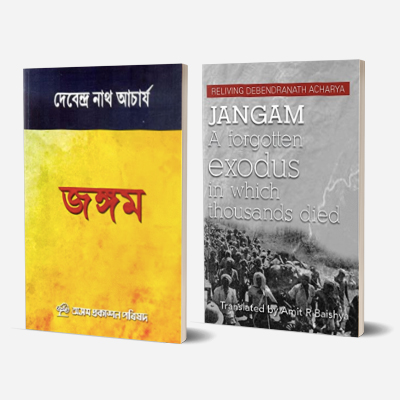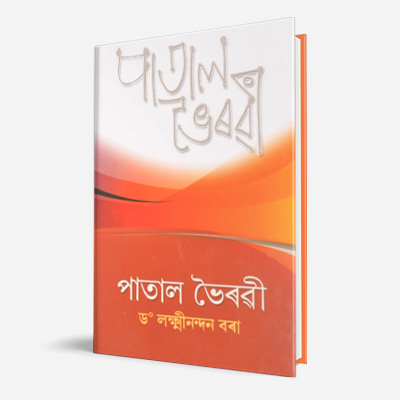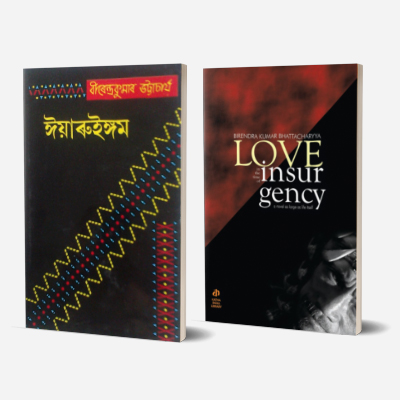Pita Putra
By Homen Borgohain
Translated into English as Pita Putra by Ranjit Biswas (1999)
In Pita Putra, Homen Borgohain presents a psychological realist study of the impact of India’s transition to independence over two generations. The first generation, represented by protagonist Sivanath Phukan, born into an orthodox zamindari family in pre-Independence Assam, struggles to deal with his five children who grew up after Independence, questioning the authority of their traditions, their caste and community, and even their father’s authority over them. The novel has received a great deal of literacy critique: considered by some to be a rejection of post-colonial ideals of liberality, modernity and democracy, and by others as a realistic portrayal of the complex debates of nation-building, institutions, and tradition through a generational perspective of change and continuity that defined the Independence movement, and continue to reverberate today. Pita Putra received the Sahitya Akademi Award in 1978 (returned in 2015).
About the Author
Homen Borgohain (1932—) is a well-known Assamese writer, columnist and journalist, who currently serves as chief editor to the Assamese newspaper Niyomiya Barta. Borgohain is known for exploring the intricacy and nuance of urban and rural life in Assam, and their intersections with each other. Over the decades, Borgohain has accumulated a large collection of novels, short stories and poetry, served as President of Assam Sahitya Sabha (2001), and pioneered new trends in Assam’s literature (particularly realism). Today, he is considered to be one of the most respected and authoritative figures on Assamese and North-Eastern life, both in literature and media.
